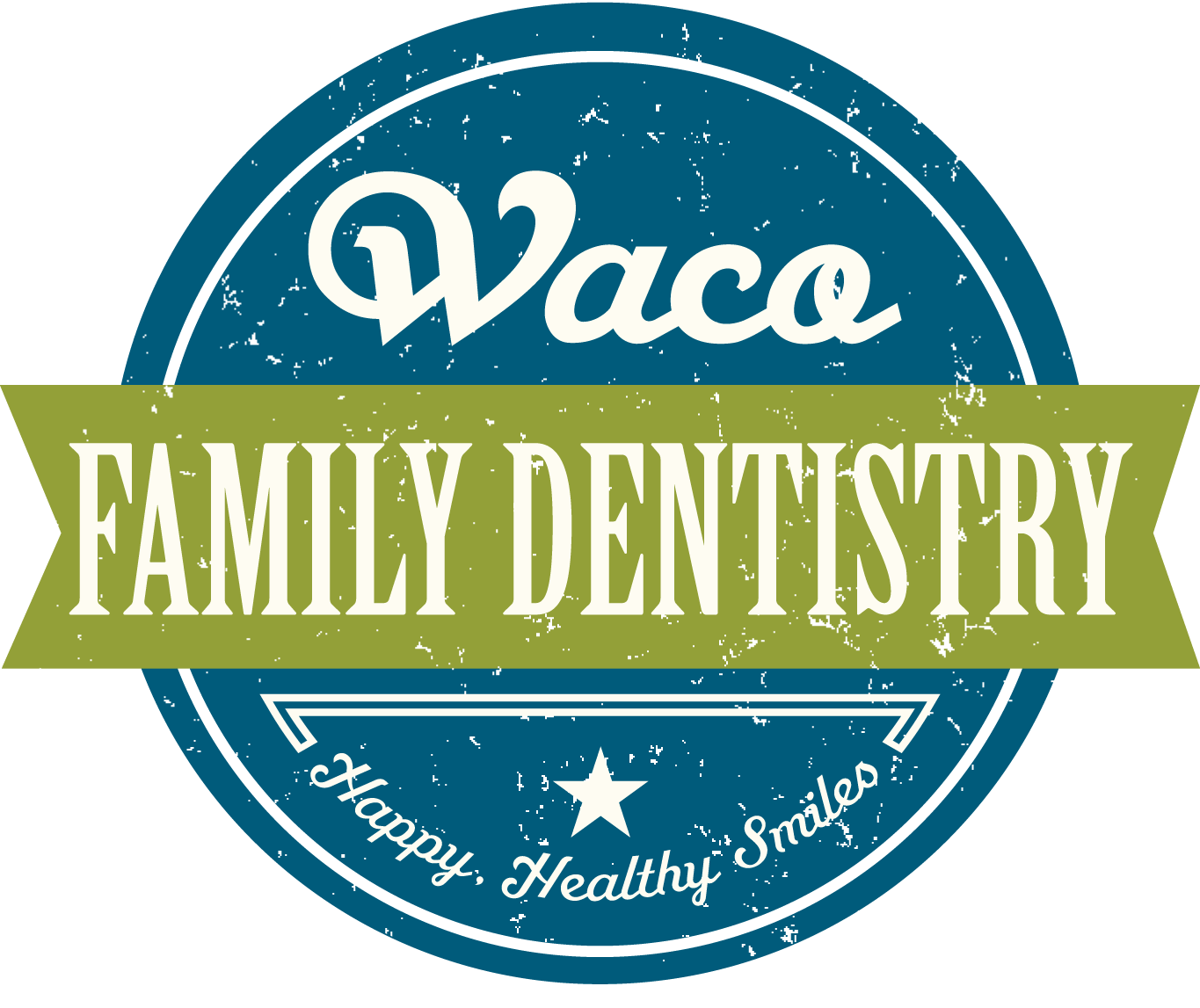Periodontal Disease can be a tricky and frustrating thing. It’s a true chronic disease that is never truly cured but can be maintained. In the early and middle stages there are little to no signs or symptoms, so when we diagnose it many times the Patient is unaware there is a problem, and let’s face it, any time you go to the Dentist, you never have your fingers crossed thinking, “Man… I sure hope they find something so I can spend time I don’t have and money I’d rather spend somewhere else on a problem I don’t even know I have!” I’ve been doing this for several years now and trust me, that never happens…
But This Latest Study published in the Journal of the American Heart Association is another in a growing list of studies linking the health of our gums and the bone around our teeth to our entire overall well-being. It looked at the relationship between women over the age of 55 and periodontal disease and edentulism (the loss of all of one’s teeth) and it’s effect on mortality rates. It found that with both edentulism and periodontal disease there was an increase of cardiovascular disease and an increase in mortality rates, and suggested that a decrease in both could lead to the decrease of mortality rates within a given population.
How does this happen? To take a quote from the study, “Prominent is systemic endotoxemia and inflammation resulting from transient bacteremia induced by subgingival bacterial leaking through ulcerated epithelium of the periodontal pocket.” I think that clearly explains it…
But seriously – to translate that: Gum disease is caused by bacteria nesting under our gum tissue (subgingival) resulting in puffy, bleedy gums that progress with destruction of the gum and bone around the teeth (ulcerated epithelium of the periodontal pocket). Our bodies respond with inflammation to ward off this process which allows that bacteria to enter the blood stream (bacteremia). The inflammation and the bacteria entering our bloodstream puts stress on our vessels including those of the heart, leading to increased risk of developing cardiovascular disease and ultimately increased risk of death.
When explaining patients with their teeth removed having an increase as well, they concluded that past infections resulting in the removal of all of the patient’s teeth would have stressed the cardiovascular system resulting in an increased mortality rate.
This is an area of study that has been receiving a lot of attention over the years and the more data we get, the more we can conclude that keeping our teeth and gums healthy is an important part of maintaining our overall health. Proper home care, visiting the Dentist for your recommended cleanings and well checks, and keeping on top of problems before they slide out of control are all key.
To your happy and healthy smile!
Dr. Zachary Schwab



